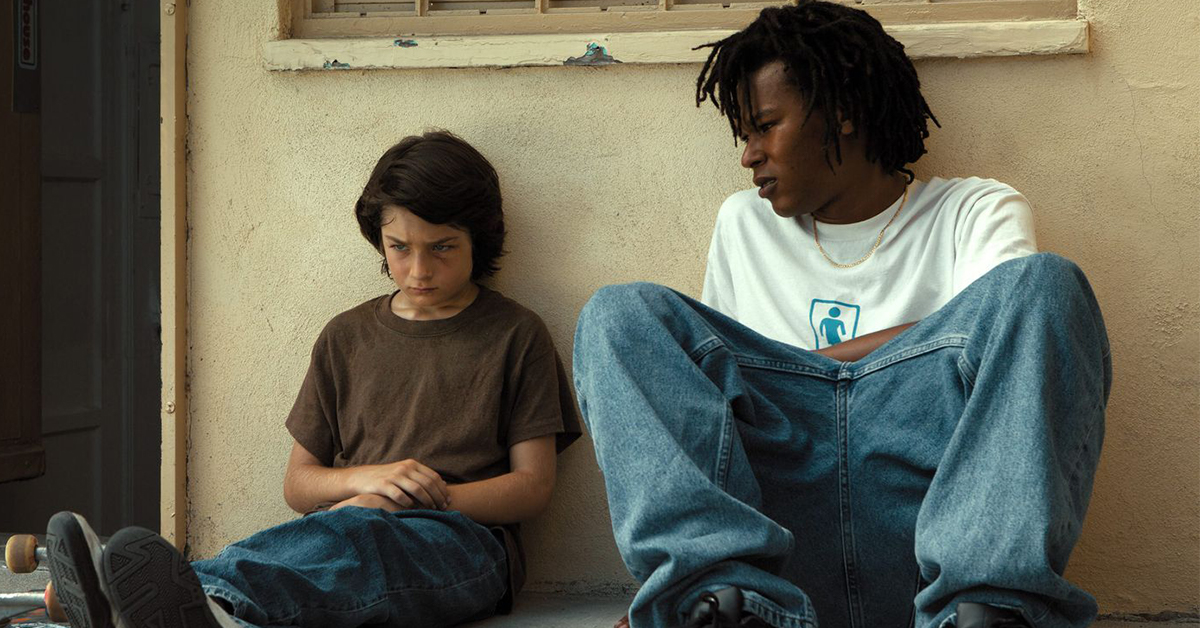
Supporting pals in their time of need is an essential part of the ‘bestie’ job description. However, it’s not always easy to offer up ample advice when they’re dealing with heavier situations.
This is because sometimes their problems have the potential to stress us out. Wanting to be a good friend but also not wanting to impact your own mental health in the process can be a hard balance to strike.
I do believe we’re all wanting to be the most reliable kind of pals possible, so we spoke to Joss, Dylan, Isla and Delilah, who are counsellors at Kids Helpline about how we can both take care of ourselves and friends when they need it most.
Make sure you listen
Joss noted that normalising your friends’ experience is essential when they reach out for support. Simply listening to them is the best way to remind them that your relationship hasn’t changed despite what they’ve just opened up about.
We’re all searching for a sense of belonging and understanding, and listening to what they’re saying when they do choose to open up about their struggles is the best way to show you’re really looking out for them.
“Your friend has come to you because they are likely seeking out your support and care. Listen to them,” said Joss.
Be legitimately present for the convo
Delilah recommend that ‘active listening’ is a powerful tool to use when friends come to us needing support.
“This means paying close attention to what is being shared and noticing those non-verbal cues, such as facial expressions and body language,” they said.
Being purposefully distracted, ignoring your friend or dismissing them might signify a level of disinterest, so be mindful about the way you present yourself in these situations.
Joss also recommended a few grounding activities to do with a friend when they’re feeling down, including writing positive affirmations, helping them write a list of their worries and ways to reduce them, or practising breathing exercises.
Lastly, Isla recommends reminding your friend of their strength and ability to survive the anxiety of what they’re going through is a powerful way to remind them that you’re willing to go on this journey with them.

Set clear boundaries for your own mental health
Over the last year, we’ve all been through our fair share of stress. Sometimes helping out others when we’re already feeling overwhelmed can be really difficult. Dylan pointed out it’s important to ensure you’ve got someone you trust to talk to, even when helping a friend navigate hard times.
There’s also no shame in setting boundaries — it doesn’t make you a ‘bad friend’ if you’re not constantly available to help them. Setting these kinds of boundaries will make sure your relationship is healthy in the long run.
“Remind yourself we can’t ‘fix’ other people’s problems, but we can provide support through listening, giving them a hug or even doing a fun activity together,” said Delilah.
It’s also important to remember that we’re not always equipped with the skills needed to help friends through certain situations. When you feel like this may be the case, recommending professional help like seeing a psychologist or reaching out to Kids Helpline may be the most helpful thing we can do for struggling friends.
“When you notice that your friend is really struggling to cope, or if you notice that they reach out to you often and you’re feeling overwhelmed about helping them. This is where Kids Helpline can come in handy – Kids Helpline is here and happy to listen,” said Isla and Joss.
Remember that your words are powerful
There’s no shame in admitting that it can be difficult to know exactly what to say to a friend who’s struggling. It can be even tougher when discussing these deeper problems is a new element in your relationship.
Delilah recommends that sometimes even asking your friend, “What kind of support do you need today?” can be the best place to start.
Isla shared a few examples of what / what not to say:
What to say:
- I am here to help you.
- I love and care about you.
- You are strong, and I believe in you.
- You can do this.
What to not say:
- I don’t care.
- It’s not a big deal.
- You’ll get over it.
- Just be positive.
As long as you show your friend that you care, that you believe them and that they are not alone in what they are going through, they will be glad to have such a friend as you in their life,” said Isla.
We’re all looking to be the best friends we can be. While it may not always be simple, having a friend open up to you can be a bonding experience that brings you closer together and strengthens your connection. The reality is that we all have limits in our capabilities, and as much as we want to be the hero in our mates’ lives, sometimes external support needs to step in.
If you’ve noticed a friend, or if you’ve been really struggling lately, Kids Helpline is available 24/7 (for 5-25 year olds via WebChat, Email or Phone) to provide advice and support around all matters regarding mental health.



